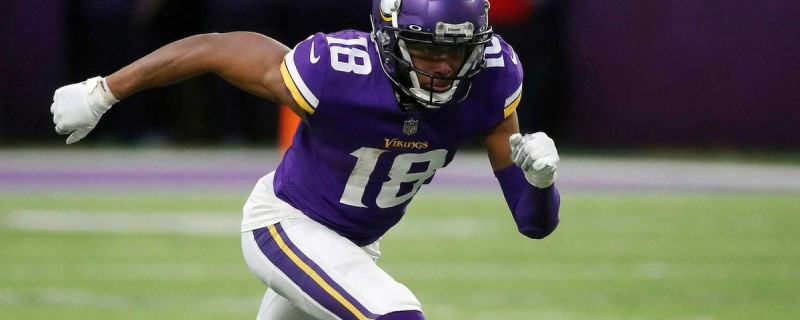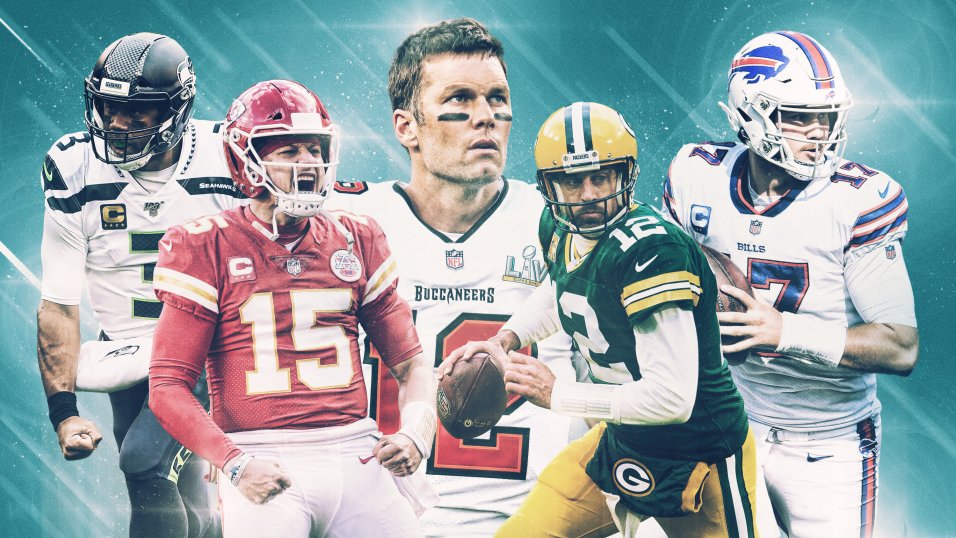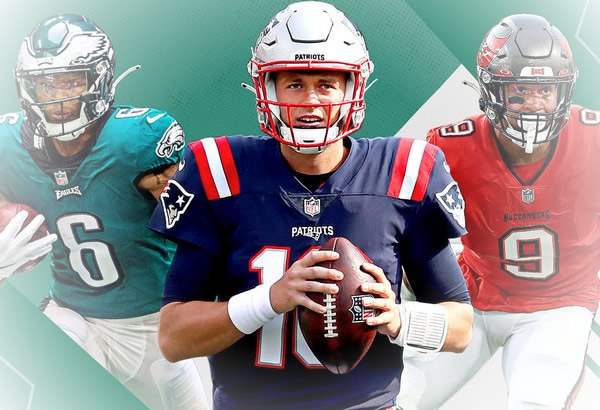How to Choose the Right Position for a Football Player

American football is a sport that has been around for over a century and, if you're anything like us, it's probably been a part of your life for just as long. It requires a lot of physical and mental strength, and you need a team of players to make it work, each with their own unique role. But with so many positions to choose from, it can be really difficult to figure out which one is best for you. So, we've put together this article to give you an overview of the positions in American football, as well as some tips for choosing the right one. Because the last thing you want is to end up stuck in the wrong spot, you know?
When choosing a position in football, there are a few things to consider. You have to think about your physical attributes, like size, strength, speed and agility. Don't forget about your personality traits, such as leadership, motivation and competitiveness. Mental capacity and the ability to think quickly and critically are also important. And, of course, you need to assess your skills, like catching, throwing, blocking and tackling. Plus, if you're feeling brave, you might want to check out some of the more specialty positions, like punter, kicker and long snapper.

The most common positions in football are quarterback, running back, wide receiver, tight end, offensive lineman, defensive lineman, linebacker, defensive back and special teams. The quarterback is usually the leader of the offense and is responsible for calling plays, making decisions and managing the game. Running backs carry the ball and run for touchdowns, while wide receivers catch passes and run routes. And tight ends are a combination of the two - they're usually bigger than wide receivers. Offensive linemen protect the quarterback and block for the running back, while defensive linemen defend against the offense and pressure the quarterback. Linebackers are responsible for tackling and defending against the run and defensive backs defend against passes and cover receivers. Special teams, on the other hand, are responsible for kicking, punting and returning kicks.
When it comes to choosing the right position for you, it's important to evaluate your physical attributes and consider your personality traits. Watching some NFL matches will also help you determine which position is best suited for you. It's also important to assess your mental capacity and analyze your skills. This will help you decide which position is the best fit for you. And don't forget to research specialty positions, like punter, kicker and long snapper, to see if they're a good fit for you.
At the end of the day, choosing the right position in American football is an important decision. So, make sure you take the time to consider all the factors before deciding on a position. That way, you can make sure you're choosing the best position for your abilities and skills. And once you do that, you can focus on honing your skills and becoming the best player you can be!

















































































































.svg-50x50h.jpg)
















Leave a Comment